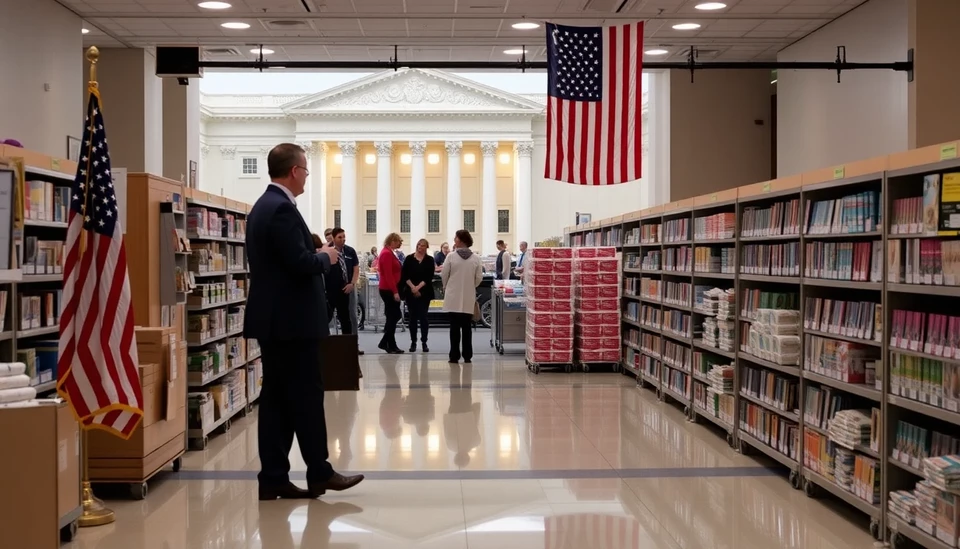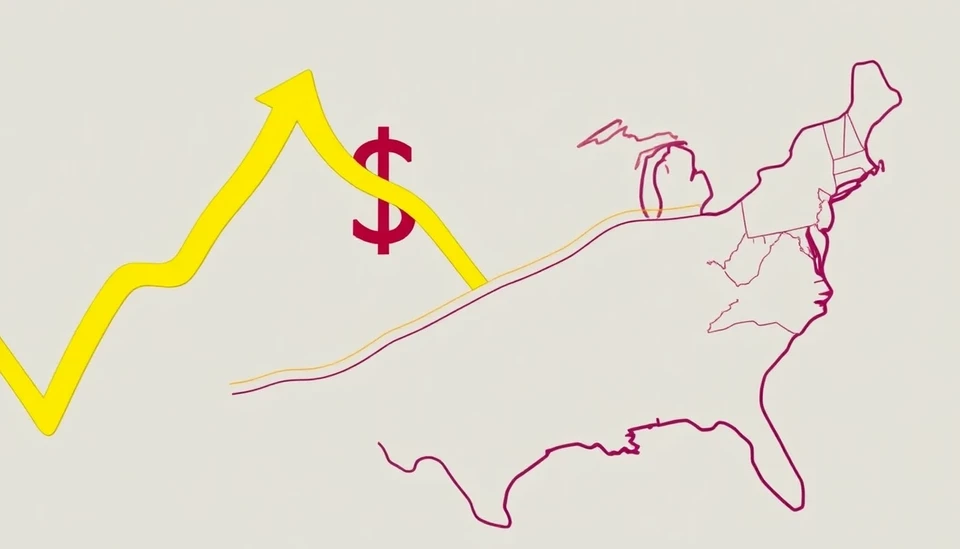
The United States is grappling with an increasing budget deficit as it commences the new fiscal year, primarily driven by escalating healthcare costs. Data released by the Treasury Department indicates that the budget gap has expanded significantly, raising concerns amongst policymakers and economists alike.
In the first two months of the fiscal year, which began in October, the deficit surged by approximately 77% in comparison to the same period last year, reaching $500 billion. This alarming figure highlights the challenges facing the federal government as it attempts to balance fiscal responsibility with the growing demands of healthcare expenditures.
One of the primary culprits behind this widening gap is the rapid increase in health spending, fueled by the rising costs of medical services and the ongoing impacts of an aging population. The demand for Medicare benefits, in particular, has seen a notable uptick. Medicare, which provides health coverage for individuals aged 65 and older, is becoming an increasingly significant factor in federal budgeting, as more Americans qualify for the program.
Health costs have also been exacerbated by inflationary pressures, with prices for medical goods and services escalating. Analysts suggest that the government’s continued investment in public health initiatives and healthcare accessibility is both necessary and costly, further straining budgetary resources.
The trend of rising deficits is concerning for Congress, prompting discussions about potential steps to mitigate the situation. Some lawmakers are advocating for a review of entitlement spending and exploring new revenue sources, including possible adjustments to taxation to ensure the sustainability of vital services without disproportionately affecting the populace.
As the Biden administration navigates these socio-economic challenges, it is vital for stakeholders to keep an eye on fiscal policies and their implications for both the economy and the American public. Balancing health spending with fiscal responsibility is crucial to maintaining economic stability and ensuring that essential services remain accessible to those in need.
With lawmakers under pressure to address these issues head-on, the coming months will likely see intensified debates about budgetary strategies and potential reforms aimed at curbing the growing deficit while ensuring continuity in healthcare services. The economic implications of this widening budget gap could be significant, affecting everything from interest rates to investment in public infrastructure.
As the U.S. government heads deeper into this fiscal year, the stakes are high, and the need for swift, effective action has never been more pressing.
#BudgetDeficit #HealthCareCosts #FiscalResponsibility #Medicare #Inflation #USEconomy #GovernmentSpending
Author: Laura Mitchell




